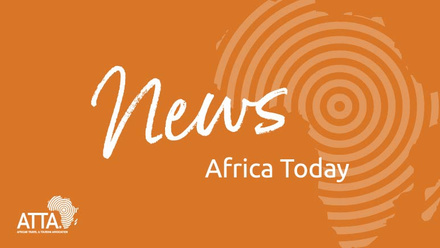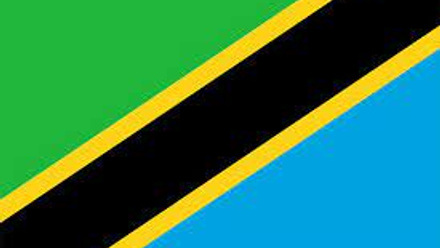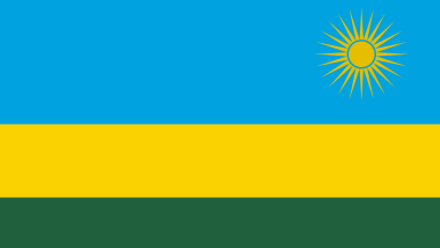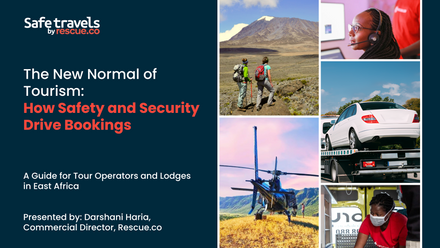ATTA® Medical Update – Medical Insight on Ebola: Uganda Travel Advisory and Safety Measures
By Dr Richard Dawood, MD FRCP FRCR FFTM RCPS(Glasg) DTM&H CTropMed CTH
London, 31 January 2025
On 30 January 2025, one fatal case of Sudan Ebola virus disease (SVD) was confirmed in a 32-year-old male healthcare worker in Kampala, Uganda. Tracing has identified those healthcare workers, patients and family members with whom this man had close contact. To date no one else has presented with relevant symptoms.
The Ministry of Health of Uganda has activated an incident management plan, including dispatching a rapid response team and delivering personal protective equipment. The World Health Organization (WHO) is supporting this response by assigning staff and funds, as well as coordinating the deployment of candidate vaccines (there are currently no licenced vaccines for Sudan Ebola virus disease), once all administrative and regulatory approvals are obtained.
Ebola Virus
Ebola is a rare infectious disease caused by a virus, which was first recognised in 1976 when two outbreaks were reported in the Democratic Republic of Congo, near the Ebola River, and in South Sudan. Since then, sporadic outbreaks and two epidemics have occurred in West Africa (2014-2016) and in the Democratic Republic of Congo (2018 – 2019).
Ebola is spread by close, direct physical contact with infected body fluids (blood, faeces, saliva, semen, urine and vomit). Infected people can only spread the Ebola virus to other people when they have symptoms. Symptoms include fever, headache, joint and muscle pain, and can progress to bleeding, which can be fatal. There is currently no licensed treatment; care is supportive, and recovery depends on early care and treatment of symptoms.
You can reduce your risk by:
- Avoiding anyone with symptoms.
- Avoiding contact with blood and body fluids, and any contaminated items.
- Avoiding contact with infected animals, especially fruit bats and non-human primates (chimpanzees, gorillas, monkeys).
- Do not eat, cook or prepare any type of raw or wild meat (bushmeat) or any meat from unknown sources.
Our assessment is that the usual travel-related activities do not currently pose a threat to travellers.
The situation is being closely monitored, and careful infection control measures are in place.
Suggested Links
- Ugandan MOH statement
- WHO Ebola information: https://www.who.int/health-topics/ebola#tab=tab_1
- NaTHNaC Topic in Brief - Ebola: https://travelhealthpro.org.uk/disease/49/ebola-virus-disease




